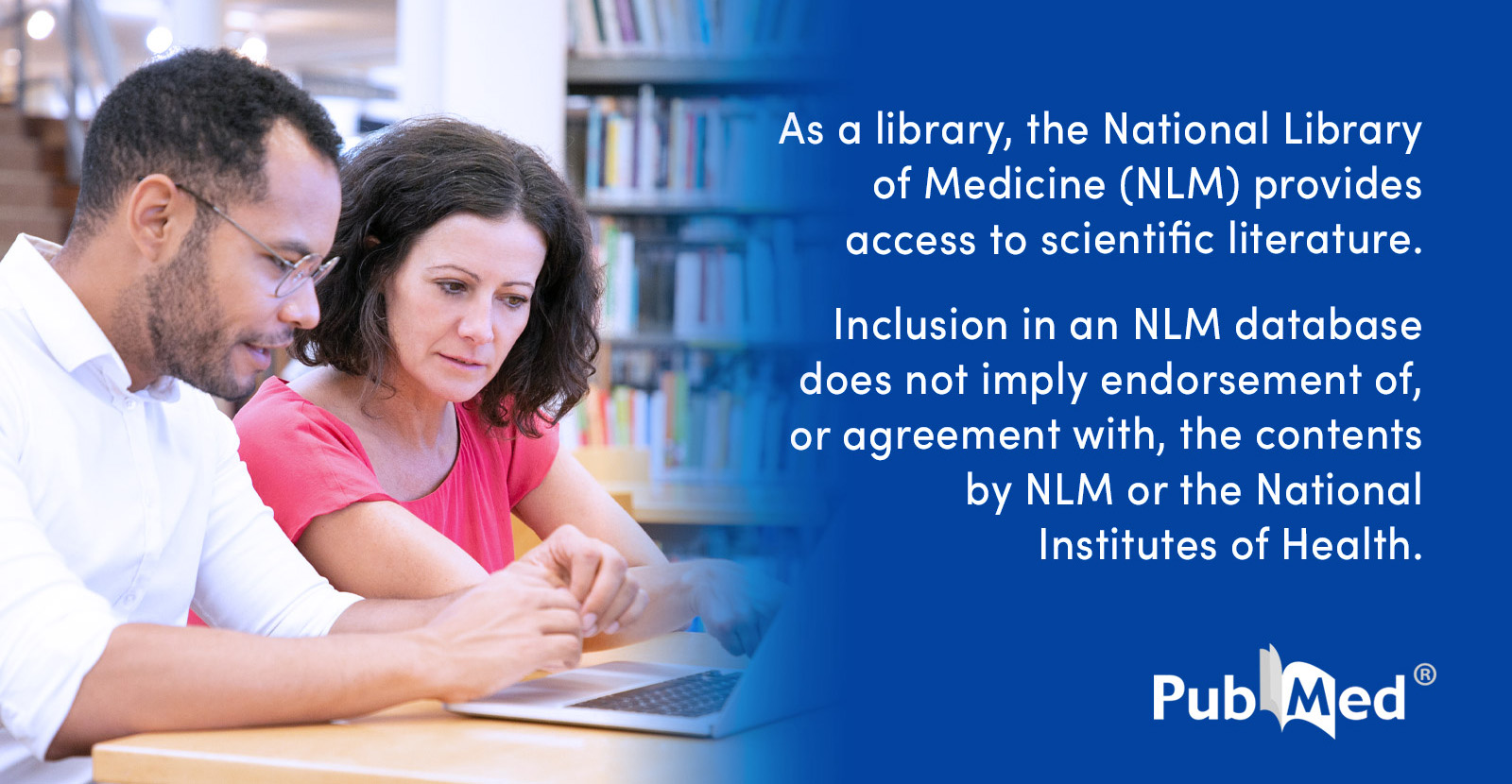Neuroprotection
Bluelighter
- Joined
- Apr 18, 2015
- Messages
- 1,265
I haven't had any yerba mate in a while - it's an acquired taste, I just remember its effect. I also don't do caffeine habitually - without tolerance, I find it too strong compared to other stimulants and not particularly pleasant (too anxiogenic - extremely so with amphetamines - and too many heart rhythm disturbances).
The only stimulant I've ever been prescribed is d-amp (elvanse/vyvanse). As an ADHD adult in the UK, my options are very limited.
Can you link the study?
Very sorry, I misunderstood the study because I read it so long ago. it basically states that in former cocaine users, sensitisation to certain subjective effects of caffeine May occur.

Subjective effects of oral caffeine in formerly cocaine-dependent humans - PubMed
Eleven formerly cocaine-dependent (FCD) adults (mean 4 years in recovery) and 11 with no substance dependence history (ND) drank one cup of coffee (caffeine content 0, 50, or 100 mg) per hour for 5 h (for a total of 0, 250, or 500 mg caffeine) in a double-blind, randomized crossover procedure...



